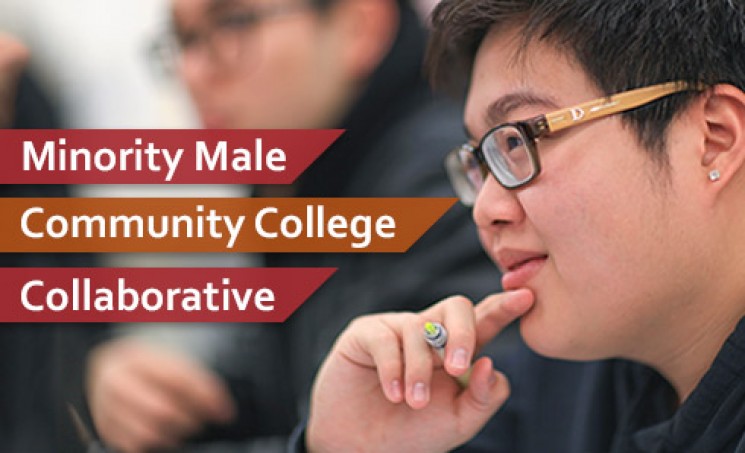Highline College has joined the Minority Male Community College Collaborative (M2C3), a consortium designed to serve and increase graduation rates of men of color.
M2C3 is the first research and practice center specifically focused on advancing student success outcomes for men of color in community colleges. Since 2011, M2C3 has partnered with over 65 community colleges in eight states to support their efforts in addressing challenges facing men of color. Highline is the first college in Washington state to partner with M2C3.

Darryl Brice
“Being a member of the M2C3 will give us an opportunity to be part of a consortium that specializes in best practices, assessment and data collection,” said Highline sociology, and diversity and globalism instructor Darryl Brice, who was instrumental in Highline’s participation in M2C3. “More importantly, this membership shows that Highline College is committed to serving and supporting male students of color.”
Highline College is the most diverse institution of higher education in the state of Washington, with approximately 70 percent students of color. Highline has a strong commitment to diversity, social justice and multiculturalism, which was recognized recently as the college won two prestigious awards: the 2014 Award of Excellence for Advancing Diversity from the American Association of Community Colleges and the Higher Education Excellence in Diversity award in both 2014 and 2013 from Insight Into Diversity magazine.
“This innovative group of college leaders will be instrumental in implementing cutting edge practices and policies that are addressing the achievement gap facing underrepresented men,” said J. Luke Wood, co-director of M2C3.
Although many community colleges have implemented programs to enhance outcomes for men of color, only 17 percent and 15 percent of black and Latino men, respectively, earn a certificate or degree or transfer from a community college to a four-year institution in six years. M2C3 seeks to help colleges markedly improve these achievement rates.
Questions? Contact Liz Word: (206) 592-4651, eword@highline.edu; or Natorius Ezell: (206) 592-3340, nezell@highline.edu.


